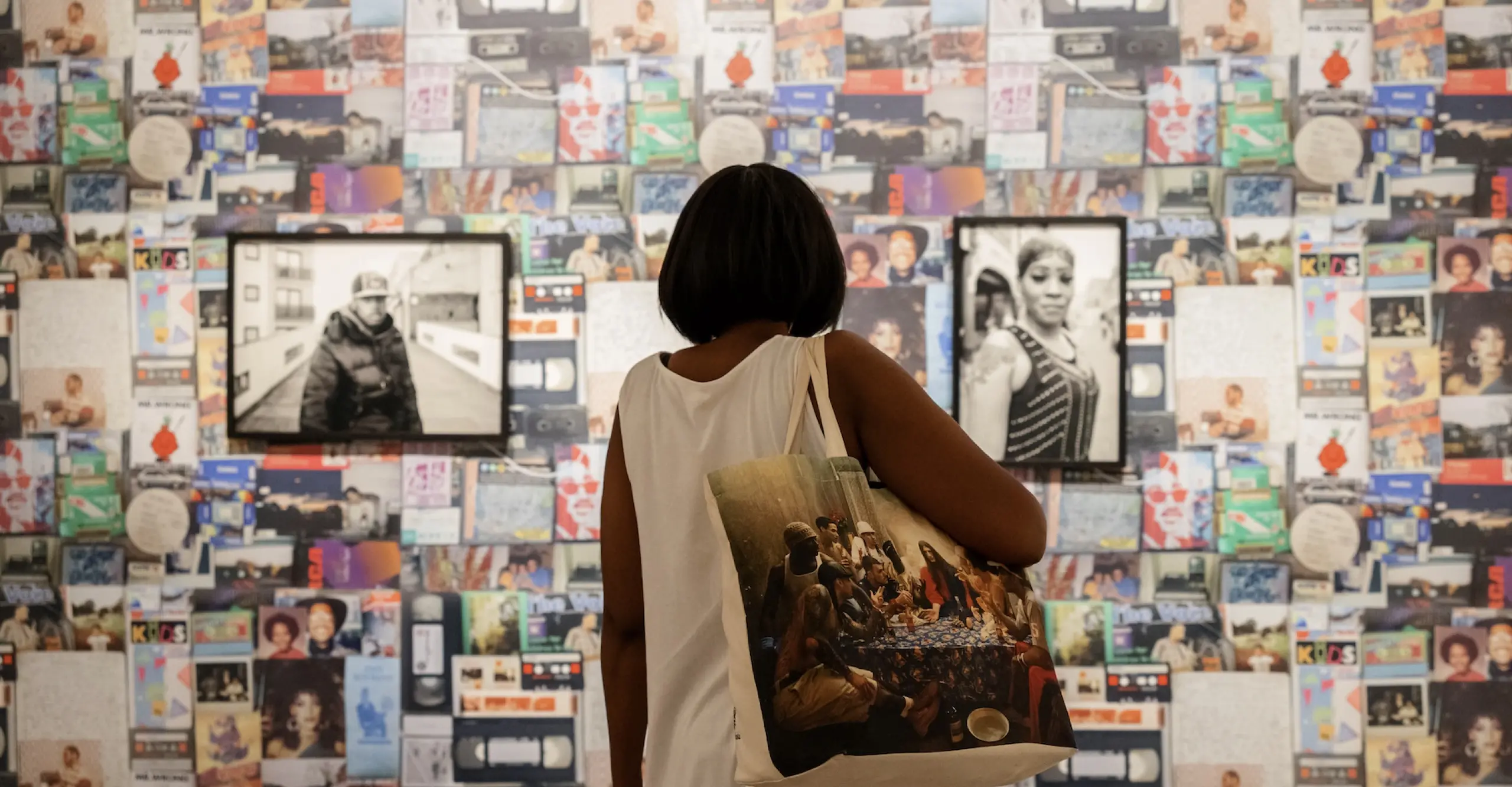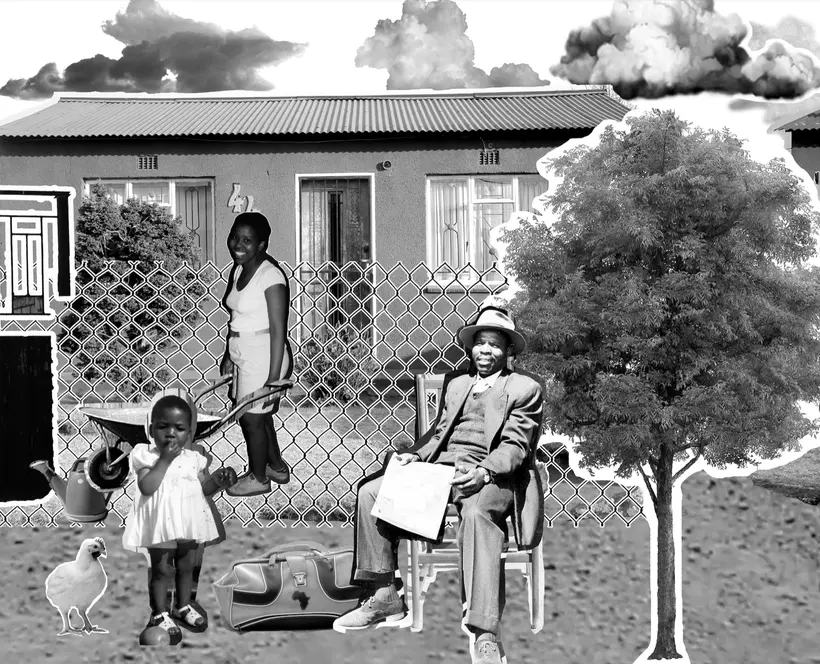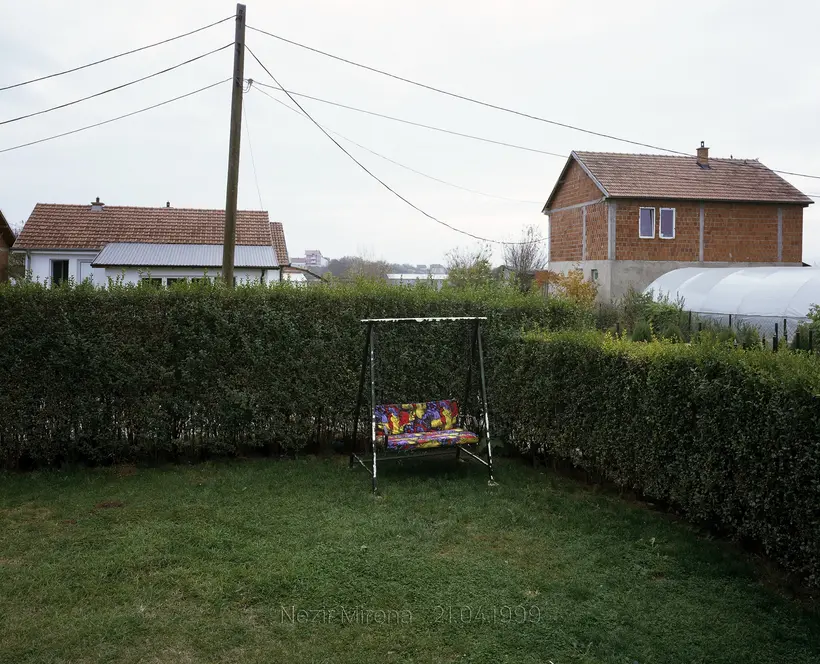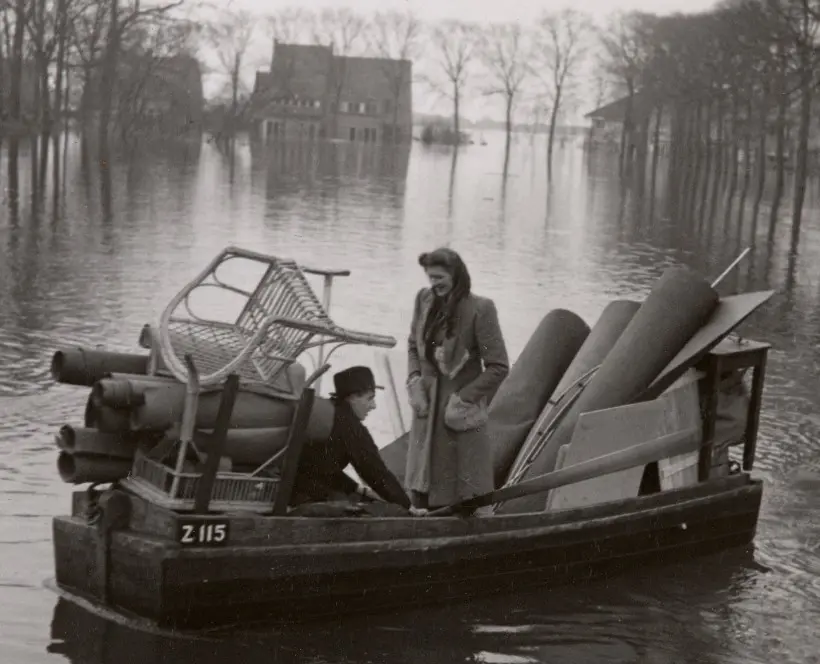Taking place over five sessions, this course is a comprehensive exploration of the social, cultural and historical aspects of photography. We will look at the many ways photographers engage with and interpret the world through their lens.
Each session addresses a different theme related to photography, spanning topics such as the power dynamics inherent in portraiture, ethics considerations and responsibilities, and the lasting influence of imperialism on identity, among many other debates. We look at the work of a broad range of artists and photographers, including James Barnor, Helen Cammock, Amak Mahmoodian, Harold Offeh, Johny Pitts and Maxine Walker.
Led by curator and writer Mariama Attah.
Course format
Taking place weekly on Zoom, sessions include a blend of lectures, group discussions and presentations. Participants are provided with lecture slides and a list of resources for further study.
Who is this for?
Open to all who are interested in photography and art. No prior knowledge necessary.
Details on how to access the sessions will be confirmed upon registration. Please check your junk folders if you haven't received an email from TPG staff confirming your place.
Schedule
Biography
Mariama Attah is a photography curator, writer and lecturer with a particular interest in overlooked visual histories, and understanding how photography and visual culture can be used to amplify underrepresented voices. Mariama is currently Associate Curator for Art Collection Deutsche Börse. Previous roles include Head of Exhibitions at Open Eye Gallery, Liverpool, Editor of Foam Magazine, Curator at Photoworks, and Commissioning and Managing Editor of the yearly magazine Photoworks Annual.
Bursaries
A number of partial bursaries covering 50 per cent of course fees will be awarded on a first come basis. Applicants who wish to be considered for a partial bursary should submit a statement (max. 500 words) to projects@tpg.org.uk, outlining how Picturing Photography: A Look at its Social and Cultural History would contribute to their professional development. Successful applicants will be notified within a week of submission.
We actively encourage applications from groups who are currently underrepresented in the cultural sector in the UK. This includes people who identify as D/deaf, disabled* and neurodivergent; those with caring responsibilities; candidates from Black, Asian and ethnically diverse backgrounds; and arts and culture professionals whose career development has been negatively impacted by Covid-19, prioritising independent artists, freelancers and those made redundant/at risk of redundancy since 2020.
*The Equality Act 2010 defines a disabled person as someone who has a physical or mental impairment, and the impairment has a substantial and long-term adverse effect on their ability to carry out normal day-to-day activities. Sharing that you are disabled will not be used in any way in judging the quality of your application.
Ticketing
By booking for this event you agree to our Terms & Conditions.




